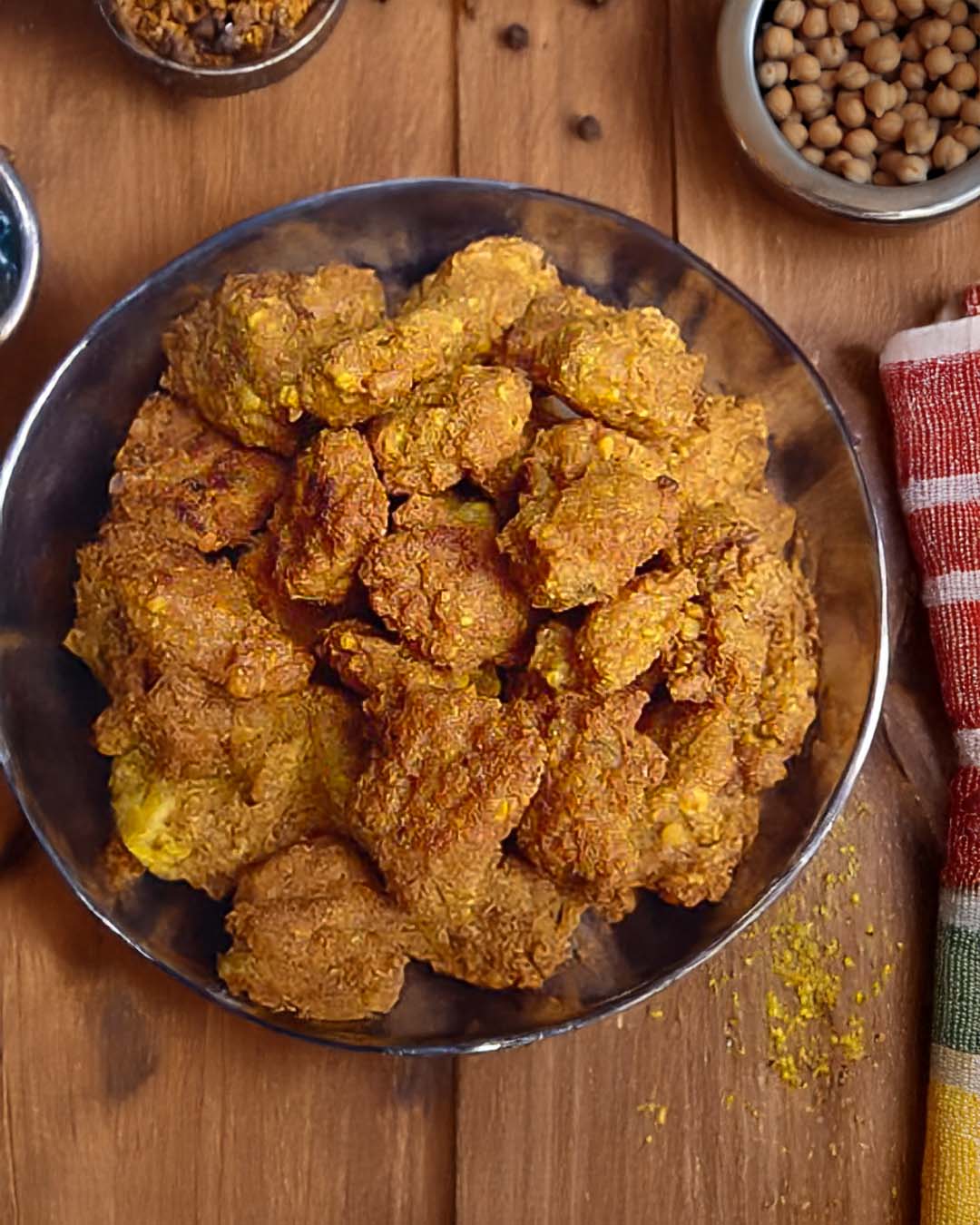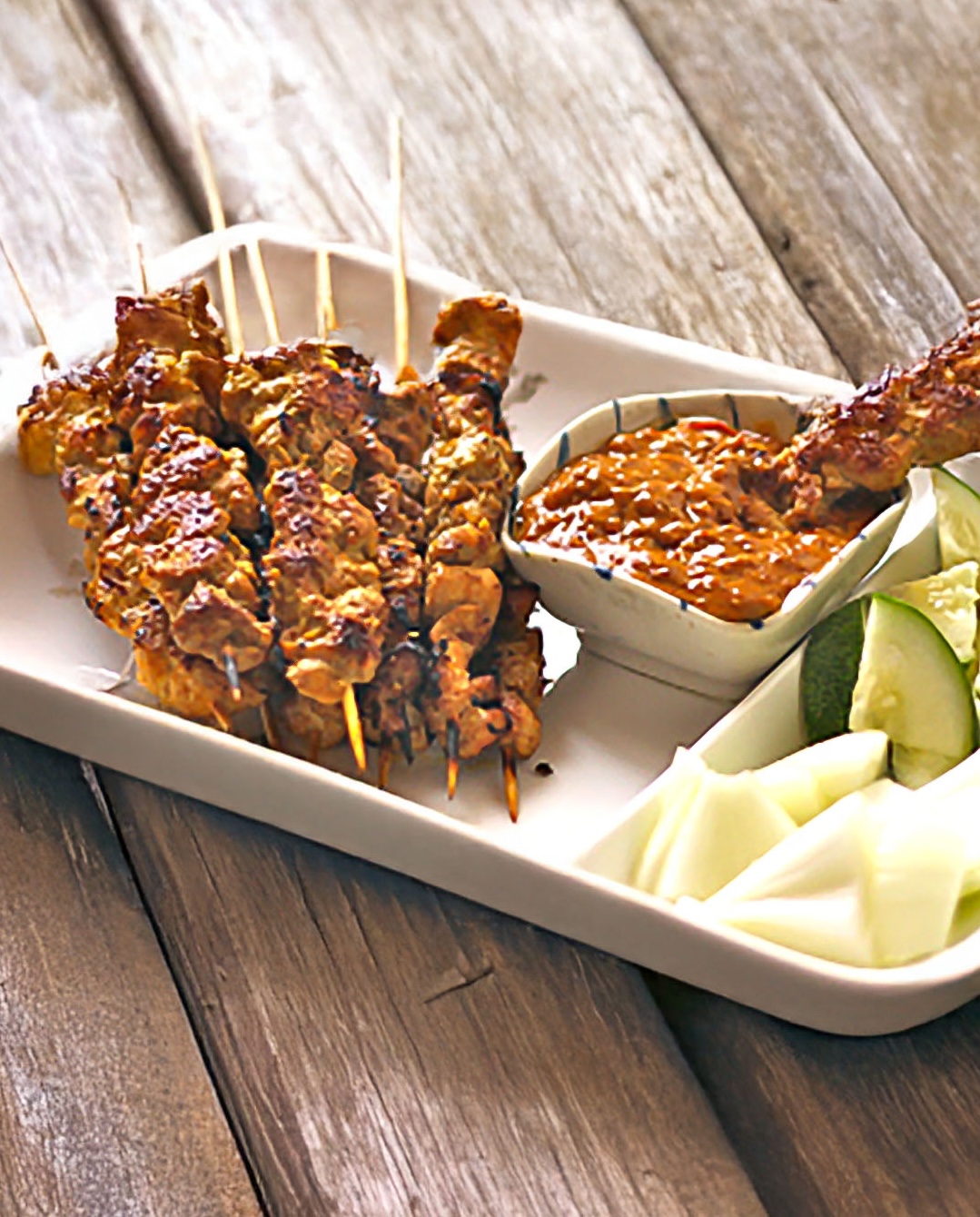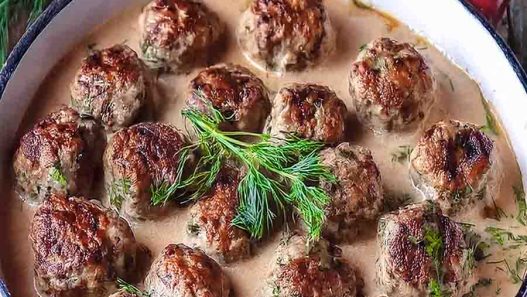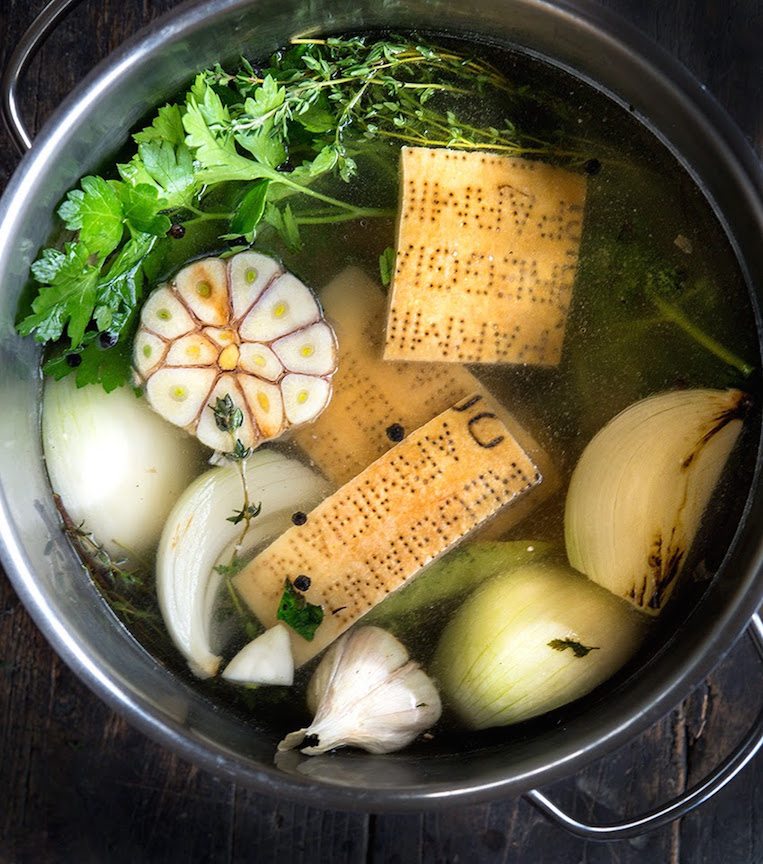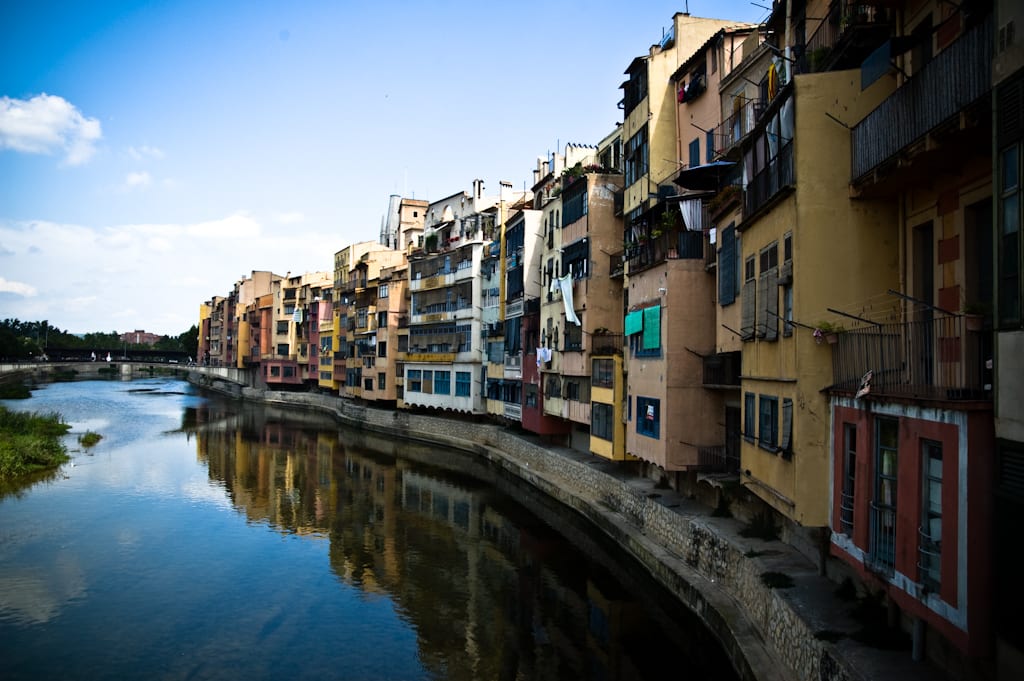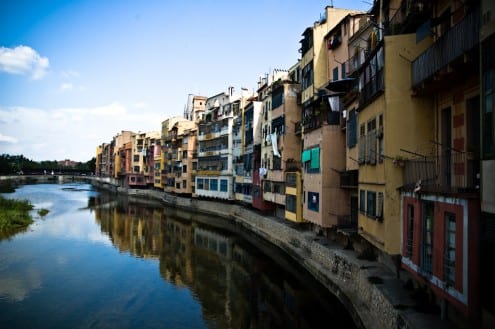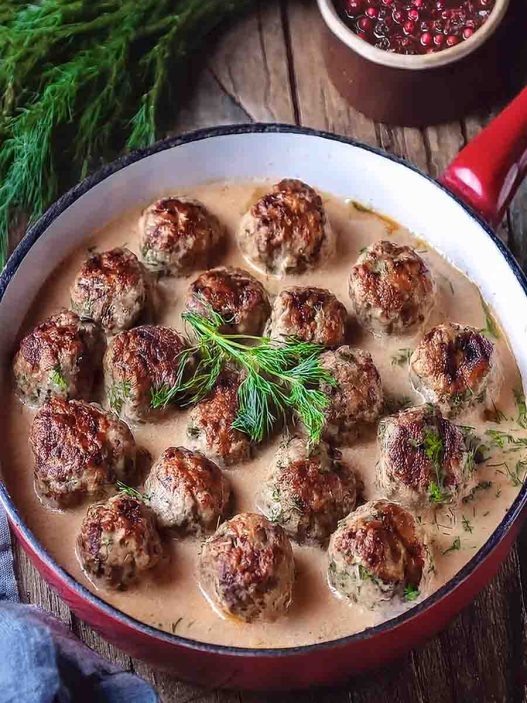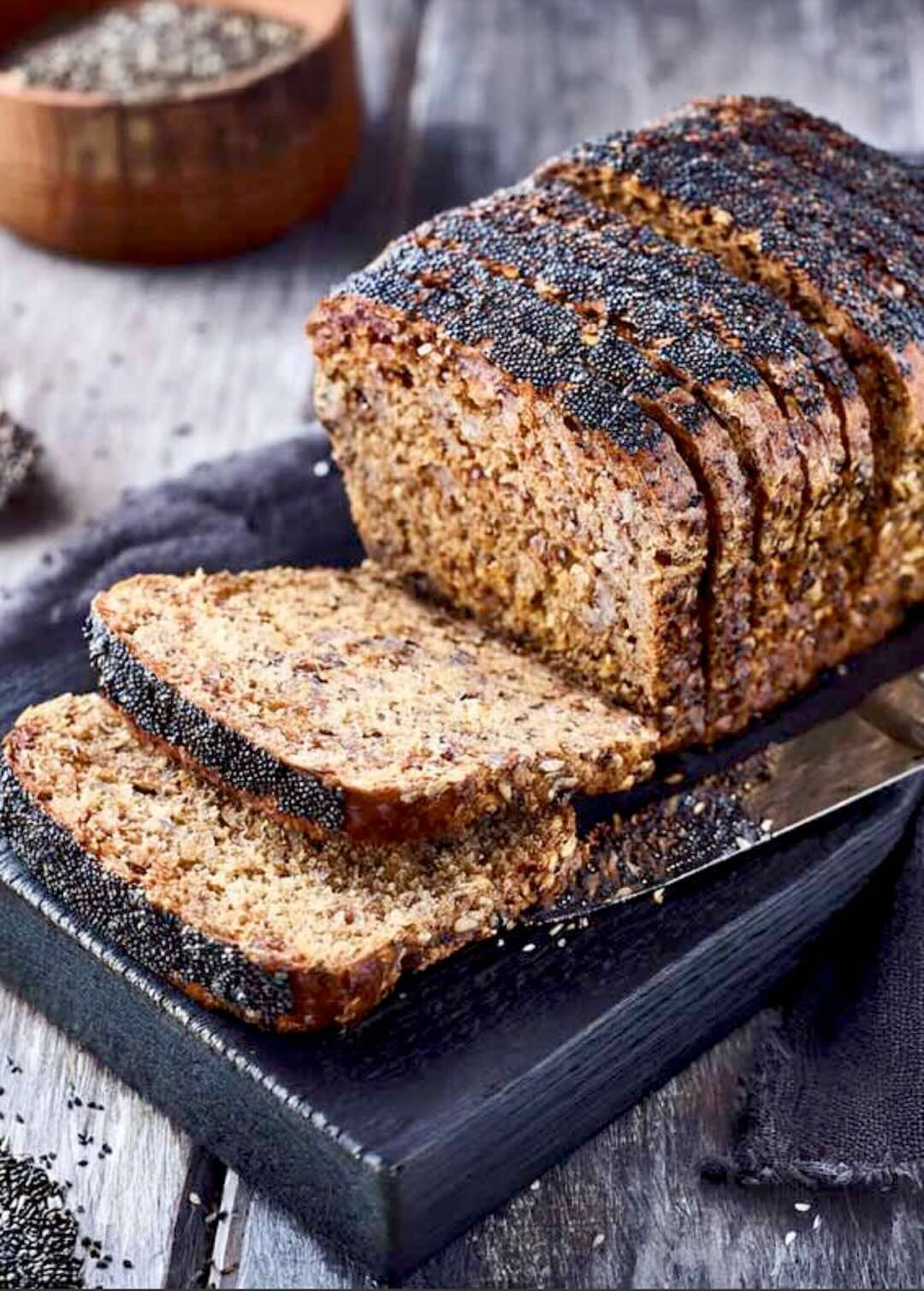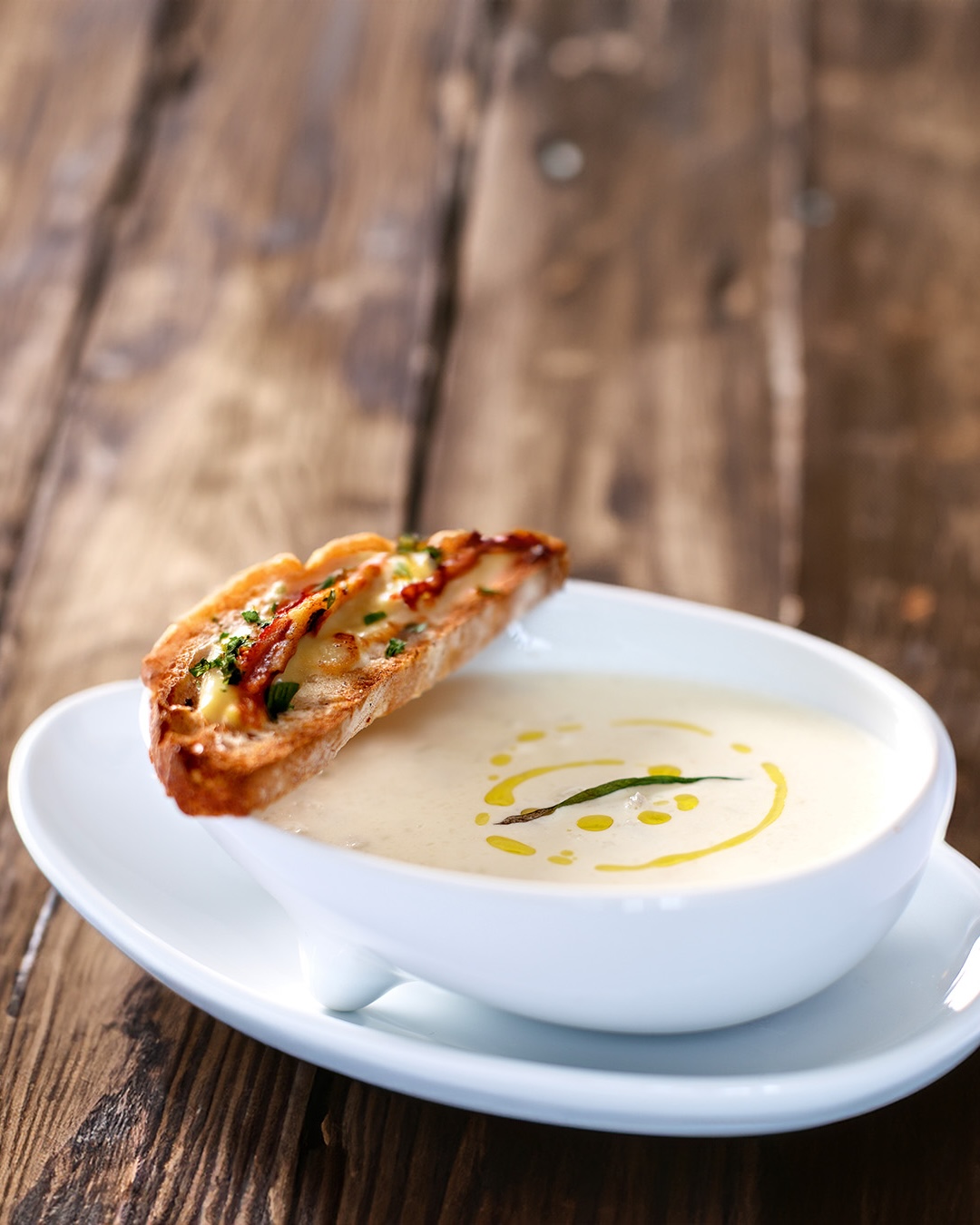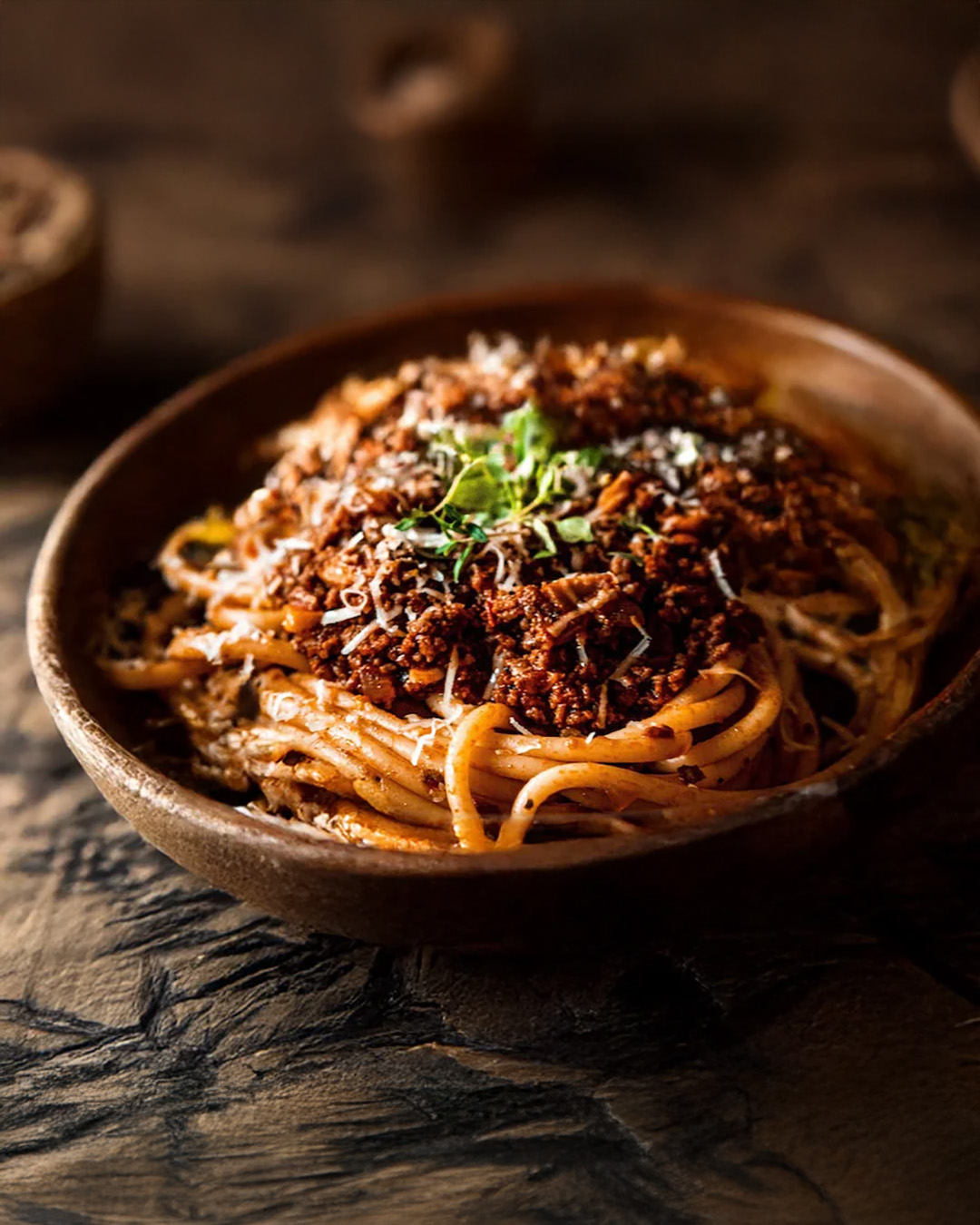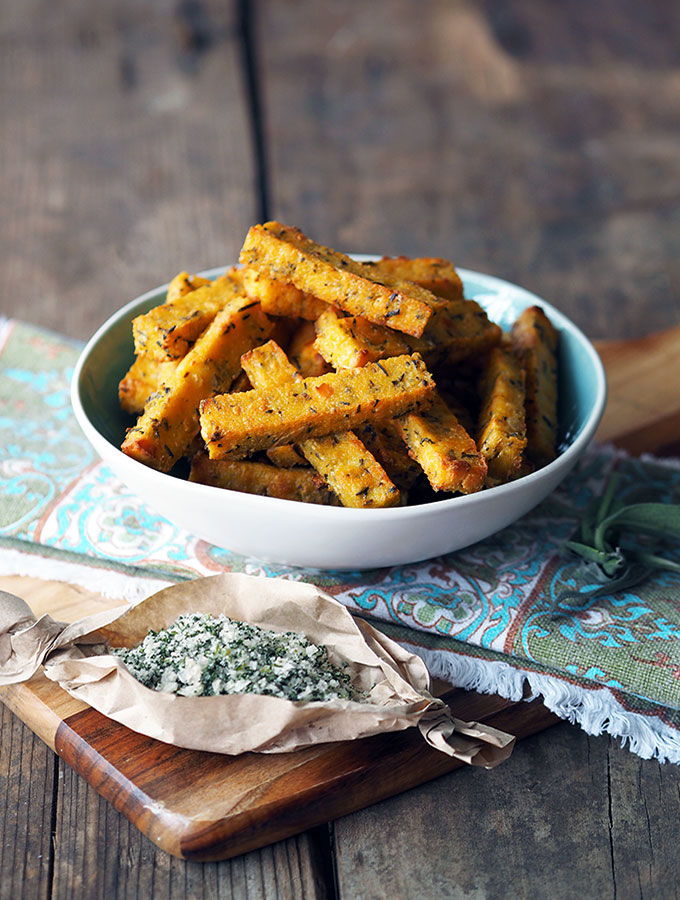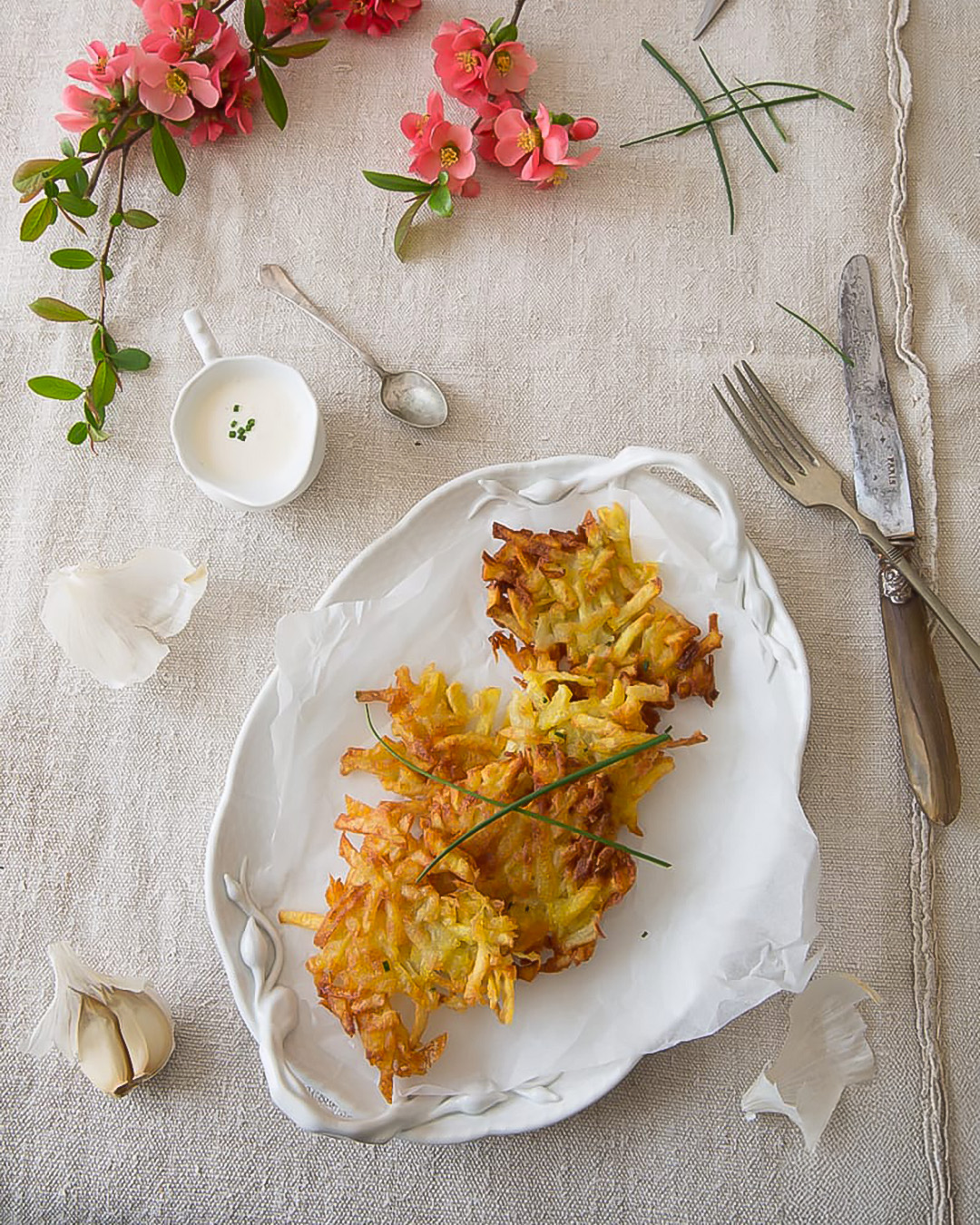Chef Joan Roca is a master at creative cuisine and together with his two younger brothers, Sommelier Josep and Pastry Chef Jordí, he has developed an extraordinary Girona, Catalonia, dining experience.
By Margaux Alexandria Cintrano
Chef Joan Roca is a master at creative cuisine and together with his two younger brothers, Sommelier Josep and Pastry Chef Jordí, he has developed an extraordinary Girona, Catalonia, dining experience.
JOAN ROCA, executive chef at El Celler de Can Roca, belongs to the generation of entrepreneurial and visionary high end chefs that have gradually been turning Girona into a global epicurean shrine.
Roca runs the restaurant which has 3 Michelin Stars, with his two brothers and together they have been aiming to create an extraordinaire gastronomic experience. Joan has long sought out unique cooking techniques and a has a particular passion for exploring the links connecting aromas, flavours and perfume, almost as if he was a sorcerer brewing ingredients for a bewitching spell.
One example of this is how Joan has revitalized ancient ingredients such as edible foil papers of gold, silver and copper (said to lower cholesterol), which were commonly used in the 6th century Persian Empire, and today fills and decorates some of his specialties. Along with the wines chosen by Josep, and the sweet tooth gems of Jordí, Roca´s dishes enable diners to appreciate the sensory quality of food.
A visit to Restaurant El Celler de Can Roca is set in a beautiful stone palatial manor townhouse nestled amongst lush herbal and botanical gardens in the Girona Capital, one hour north of Barecelona. This experience requires a willingness to suspend the antiquated notion that eating is a basic fundamental of life; something we do in order to survive. There is little about a lunch or dinner here that can be compared to any relationship or notion that eating is for simply staying alive.
CHEF JOAN ROCA & MARGAUX CINTRANO FACE TO FACE
Margaux: What and/or who inspired you to become a Chef?
Chef Joan Roca: Firstly, genealogical heritage has bestowed my brothers and I with epicurean bloodlines. My earliest memories are of my mother Montserrat in the family kitchen. However, my mother and father didn´t just cook for the family, they prepared dishes for their customers at their traditional Catalan restaurant. It is of no surprise. After attending culinary institute in Girona and France, my two brothers and I opened a tiny restaurant with the same name, next door to the family restaurant. I recall, being barely able to turn around in the kitchen. The decor was modest with no frills.
Margaux: While lots of restaurants can turn out a good meal or two, few can match El Celler de Can Roca. What has led you to your success today, Joan?
Chef Joan Roca: Our move from the tiny restaurant to our present space. The way, we have been merging traditional Catalan Mediterranean cuisine with advanced technology.
Margaux: How would you describe your culinary philosophy?
Chef Joan Roca: I respect high standing Catalan traditions. However, I do not stand still in my culinary style or repertoire. My successful dishes are due to my cautious attention, forming architectural structures, which provide the ingredients with visual and physical balance, like a well constructed building. Then they are measured so that they do not tumble over when set up on plates, combining the colours and liaising the wide variety textures. Furthermore, my dishes contain savoury, sweet, salty and sour notes, all in total harmony. I embrace state of the art culinary technology, employing Sous Vide to create my signature authored dishes too.
Margaux: Talk a little more about the use of Sous Vide in your kitchen?
Chef Joan Roca: The sous vide culinary process is a French term meaning, Under Vacuum, and involves vacuum packaging food in a plastic bag and cooking the food at a lower temperature than normal for an extended period of time. The advantages of sous vide are that the Chef receives less shrinkage of the raw materials, and they are more moist, full of flavor and in the restaurant business, higher volumes of food can be prepared much faster. This method was originally employed during the Persian Empire in the 6th century.
Margaux: How long have you been utilizing these techniques?
Chef Joan Roca: Since our first kitchen renovation in 1996.
Margaux: What motivated your studying of duplicating perfume aromas and creating designer scented desserts?
Chef Joan Roca: Jordí, the youngest Roca brother, and Pastry Whiz, is the expert on this subject. He had done several pastry making courses in northern Italy and had begun experimenting with citrus fruits, bergamot, basil, spices and condiments, to name a few …
Margaux: Which dishes or dish do you consider your specialty?
Chef Joan Roca: Meats. Milk fed baby kid.
Margaux: Tell us about your dream trip.
Chef Joan Roca: The Kai Seiki gastronomic route in Kyoto, Japan. Kai signifies breast and Seiki denotes stones. Historical Kyoto has maintained its ancient gastronomic traditions, which had begun during medieval times, by the Monks who would either carry servings of food in their breast pockets for long journies or be served platters of assorted types of sushi, marine pickles, marine algae, udon noodles and sashimi. This tradition has become Japan´s renovated Tapas Movement in the 21st century.
Margaux: Very interesting. Now to move on, what are some of your future projects for 2013?
Chef Joan Roca: To reap our botanical gardens herbal and fruit harvests, which include bergamot, basil and cherries. We are planning to continue with our experimenting and investigating the world´s herbs and truffles. Also to widen our essential oil making and wine pairing. Also, to expand our horizons by traveling and maintaining our 3 Michelin Star status.


